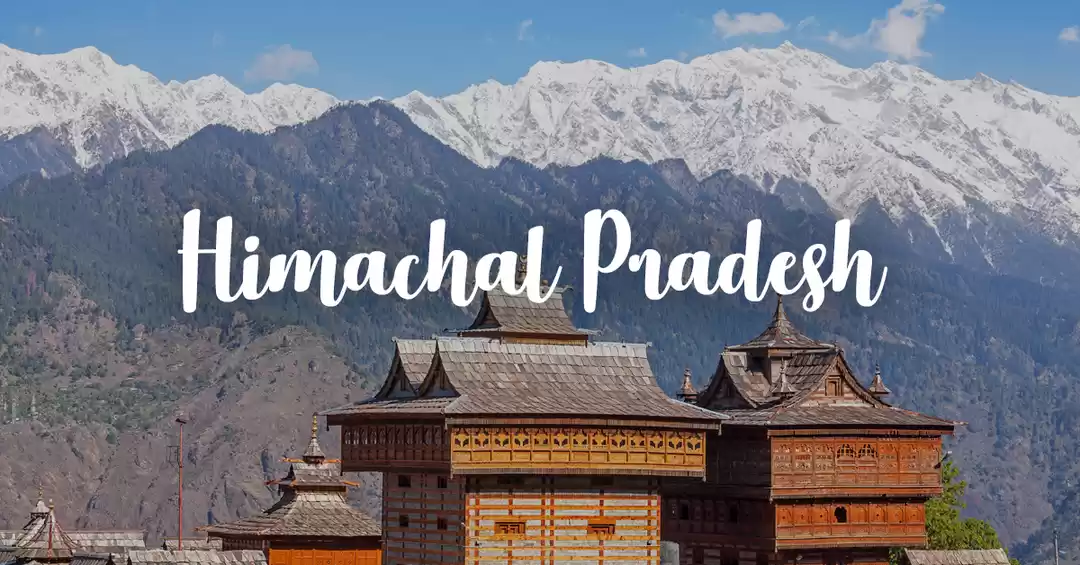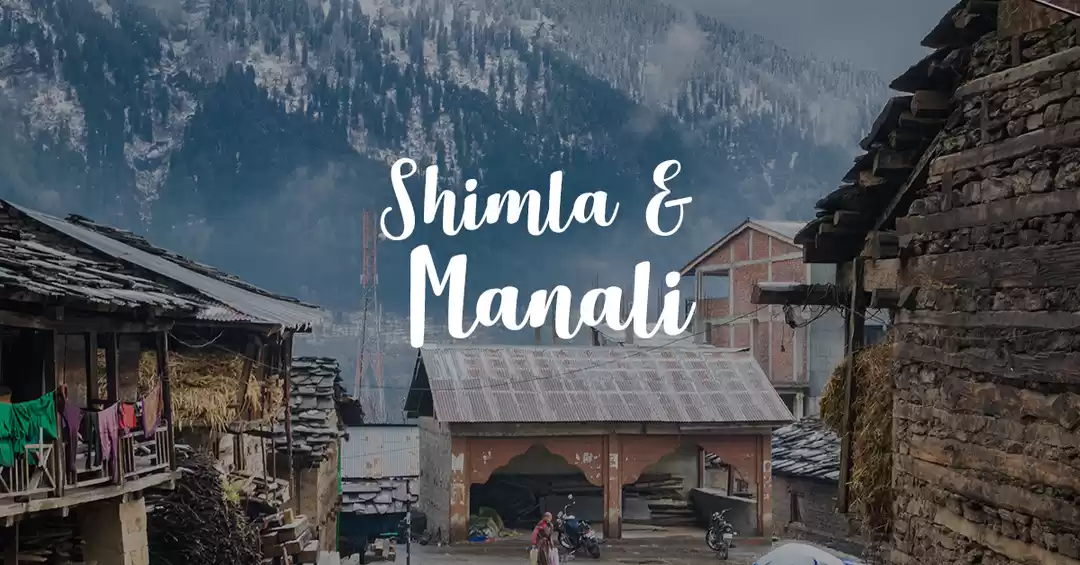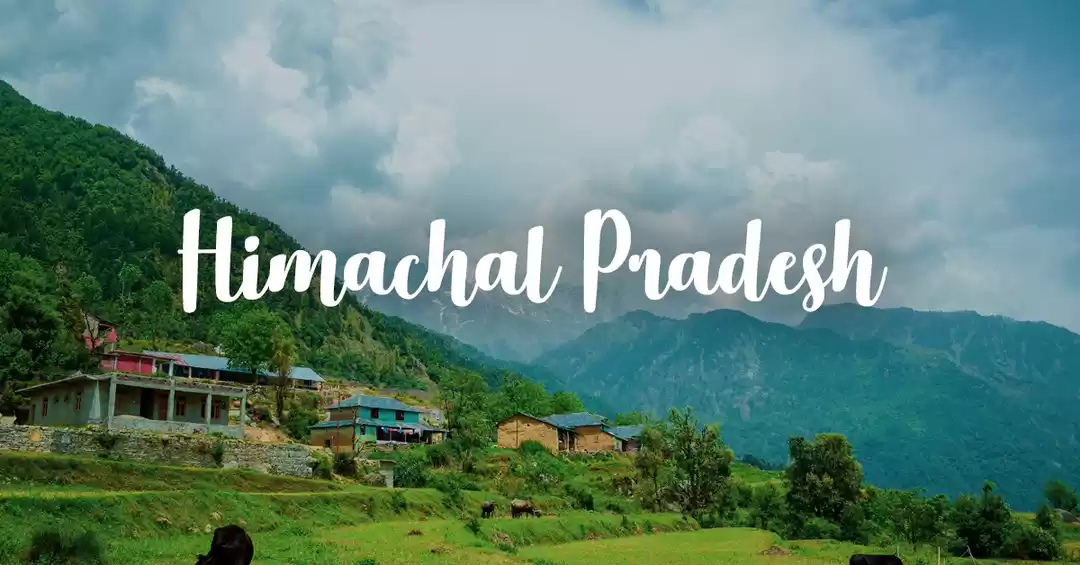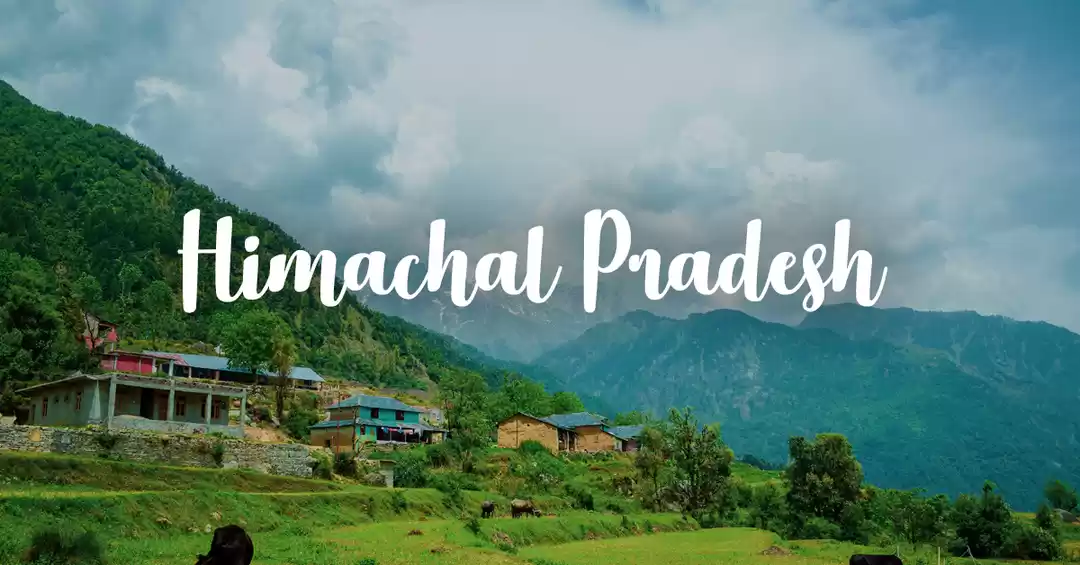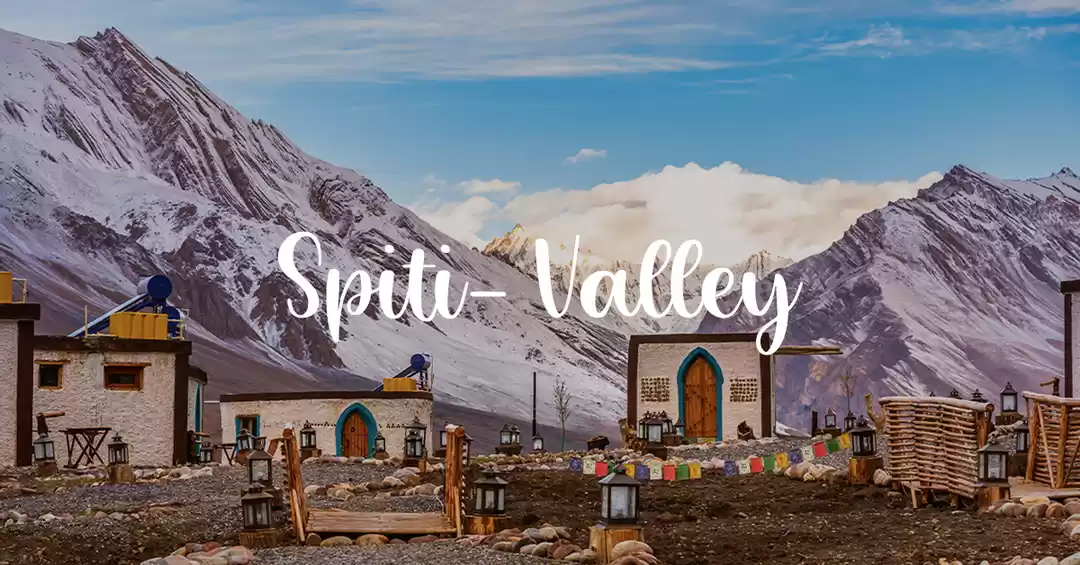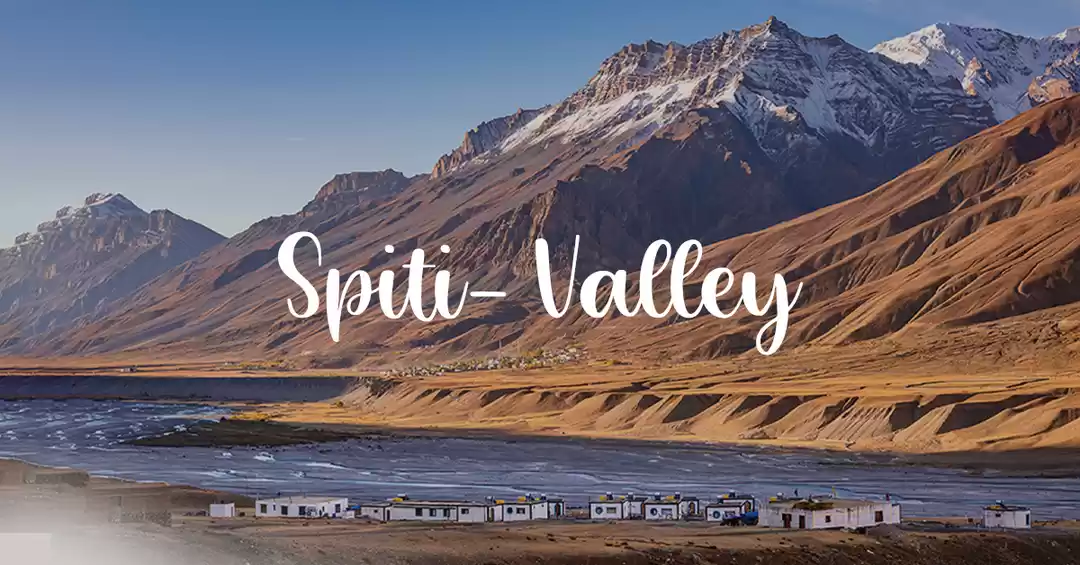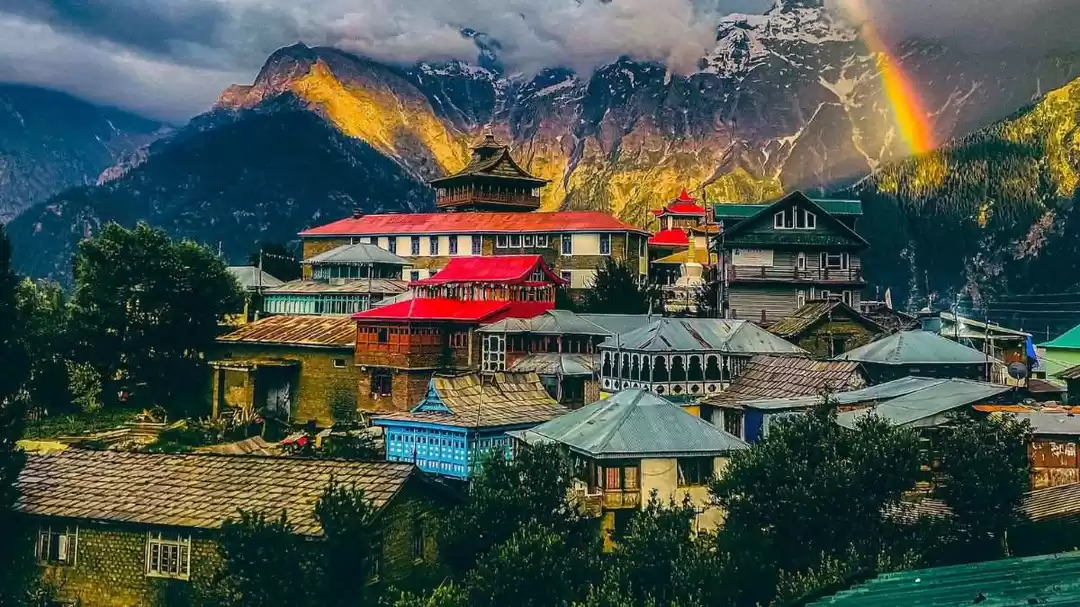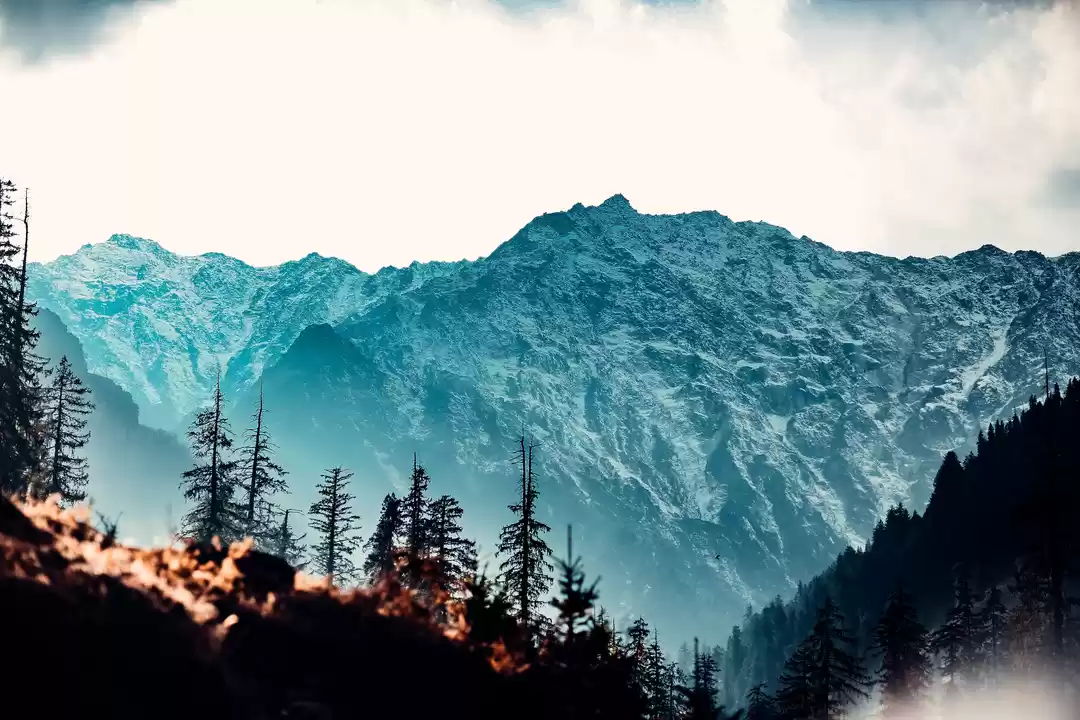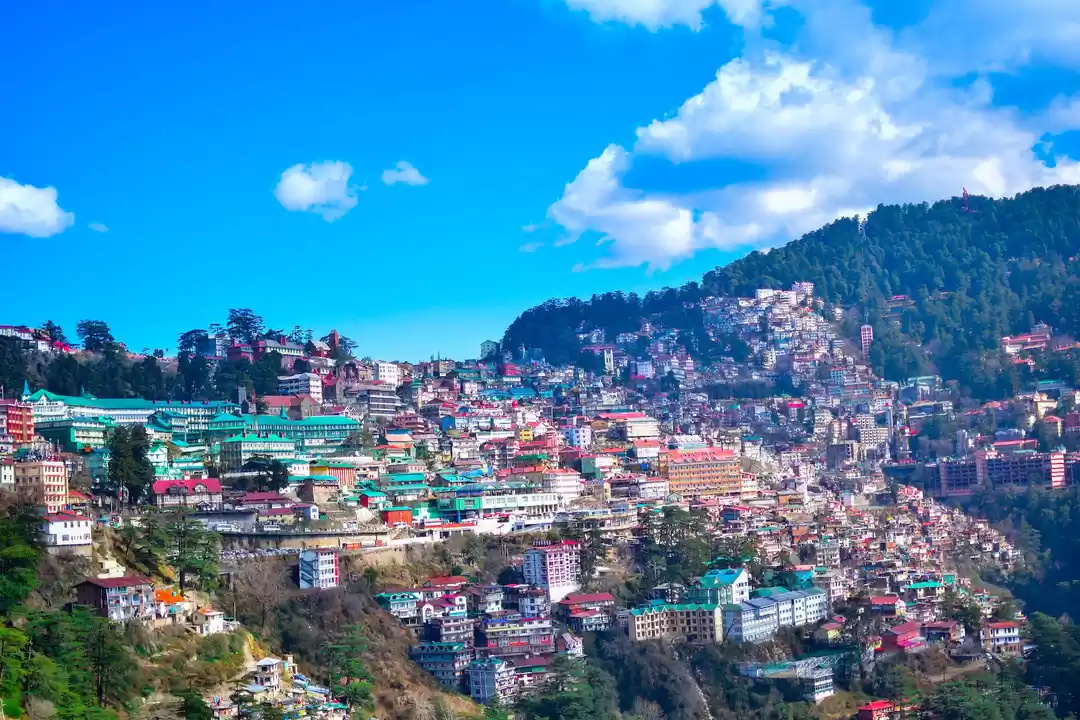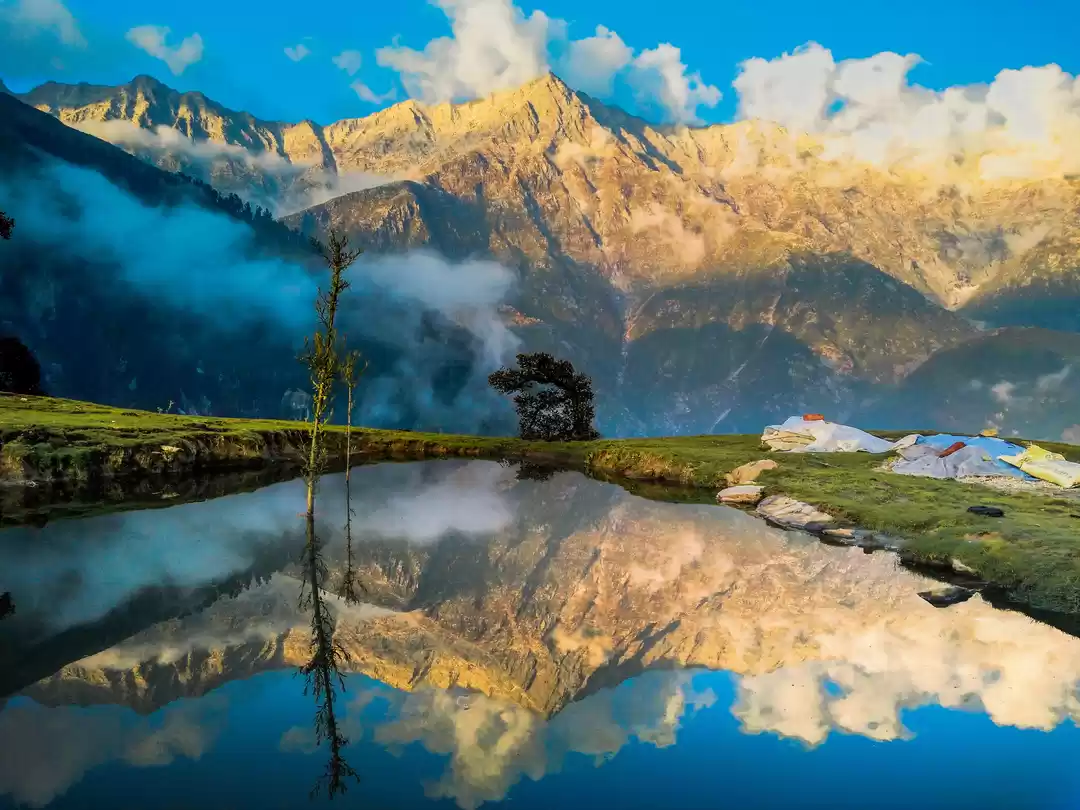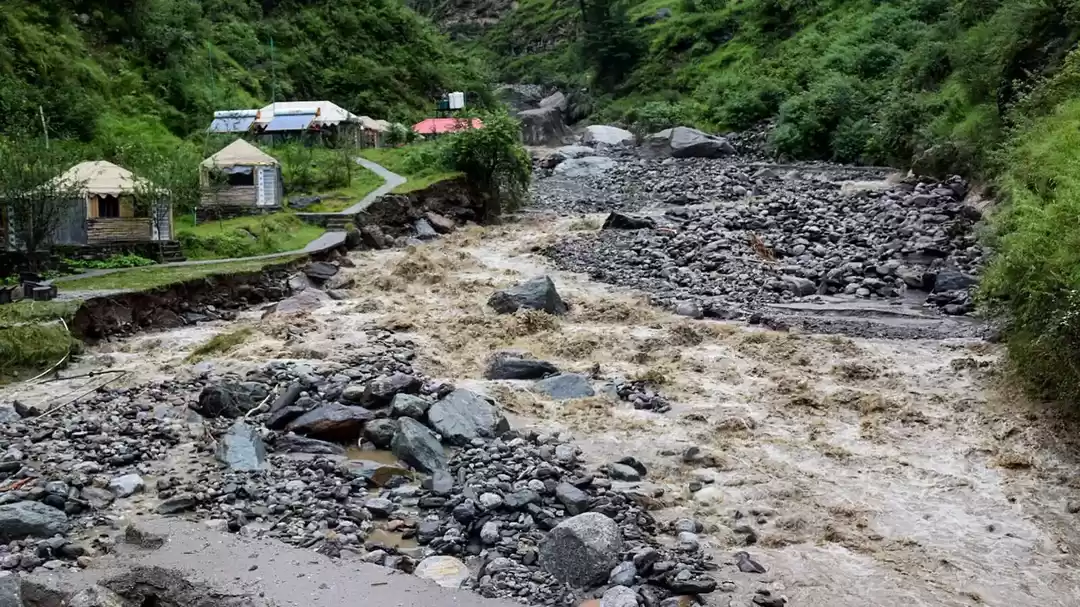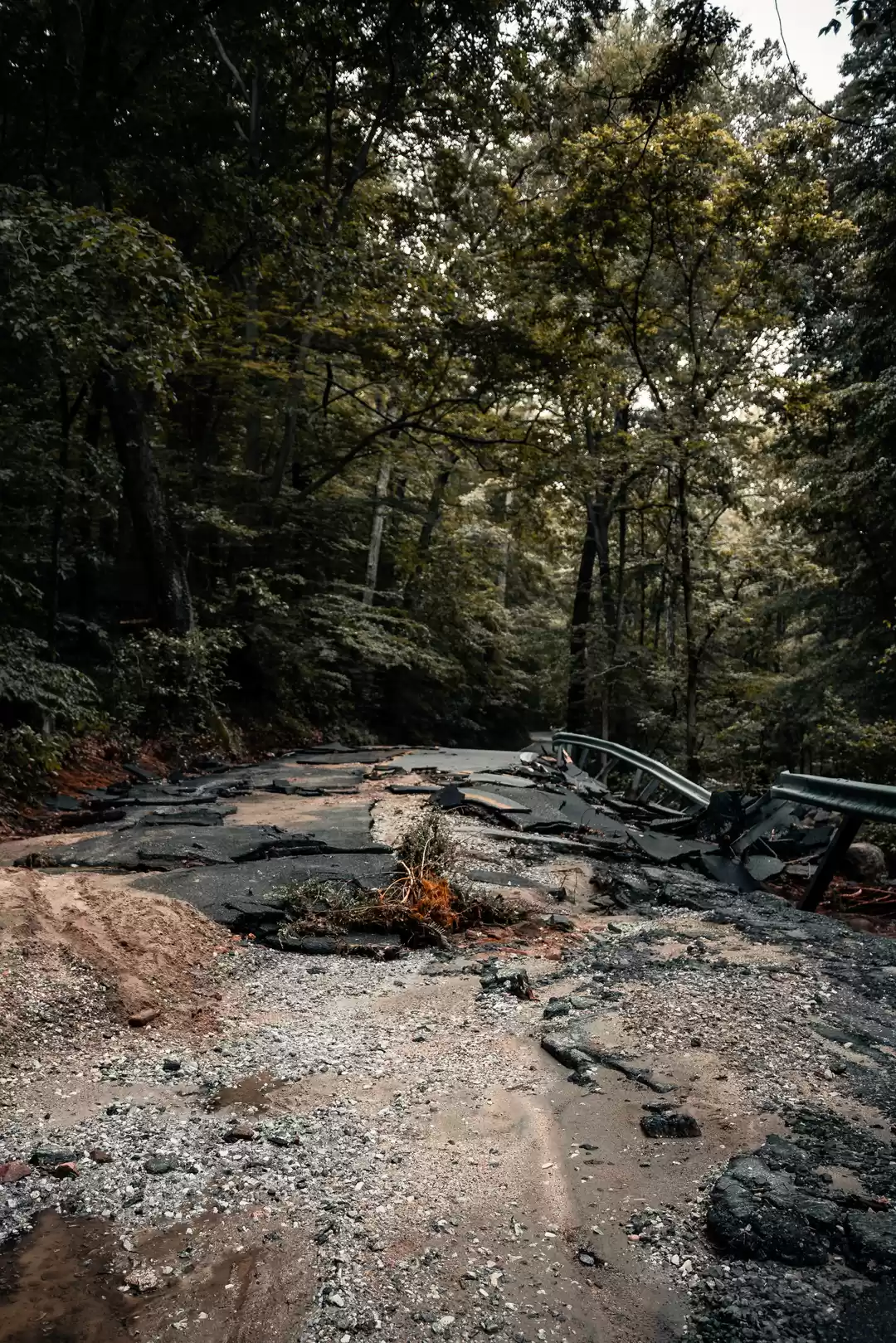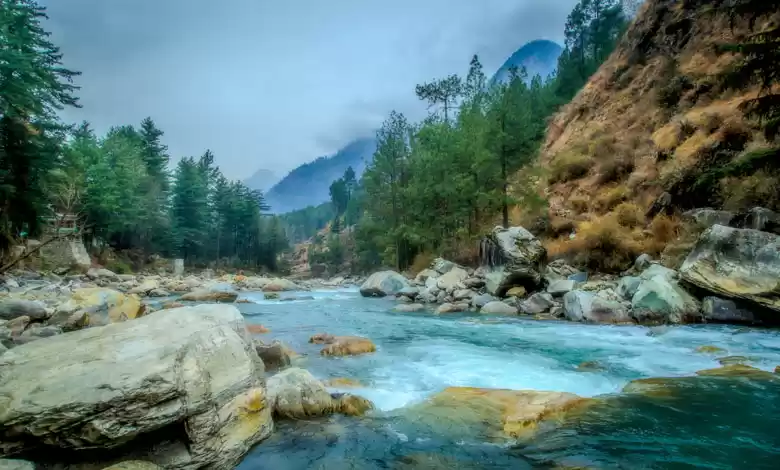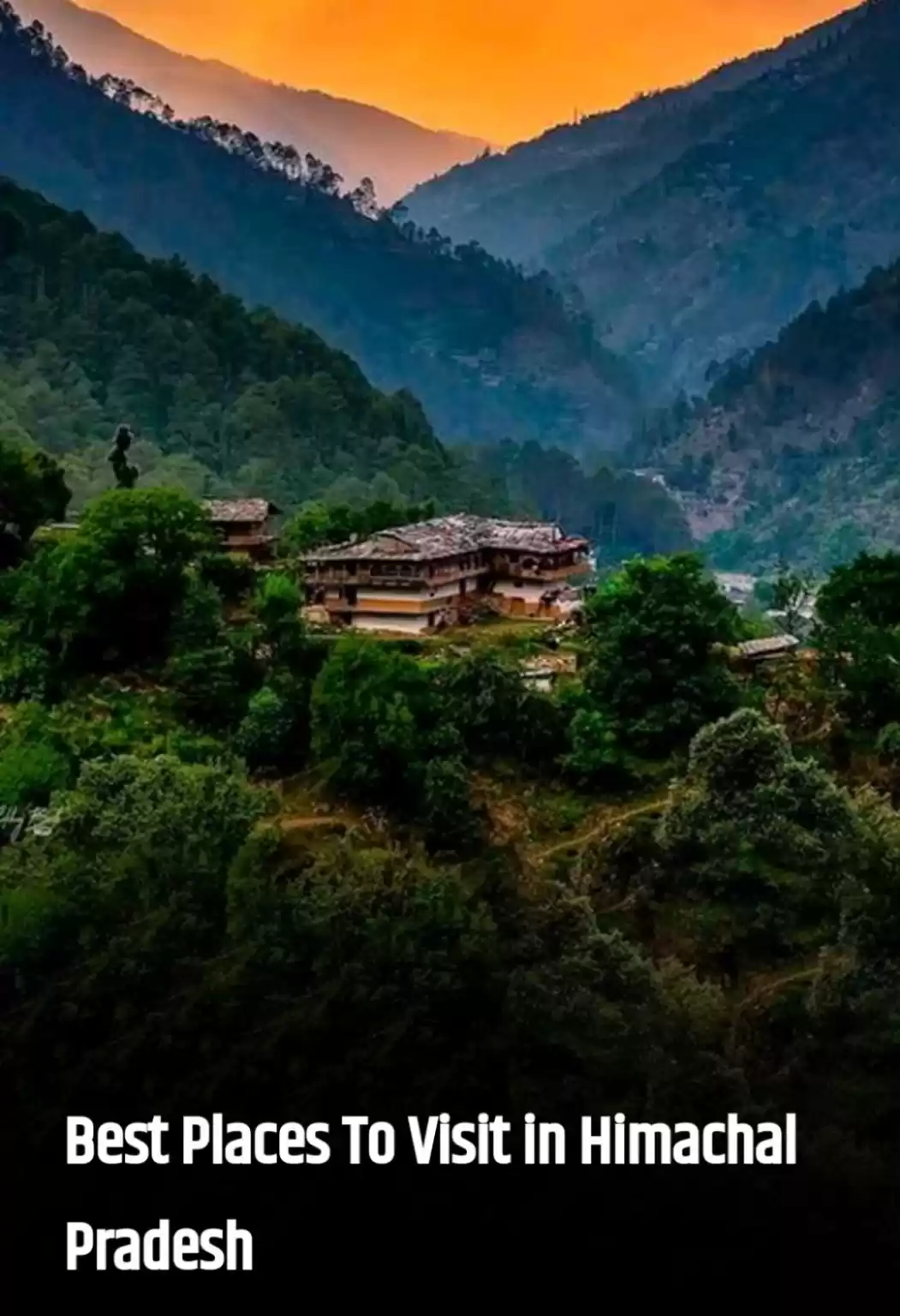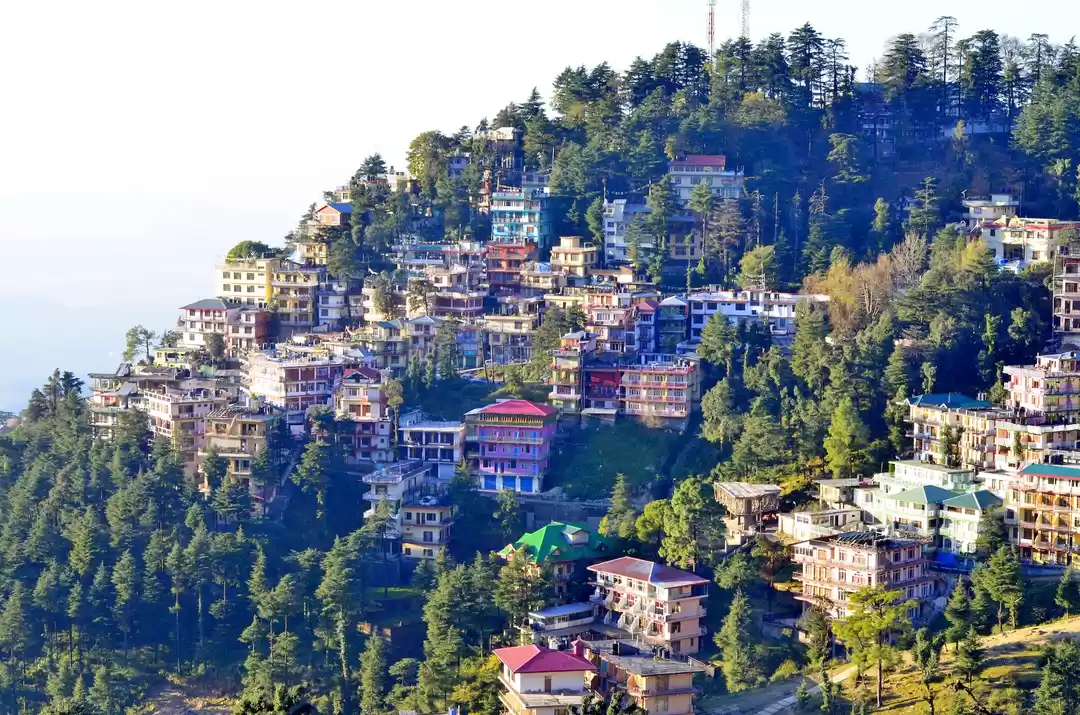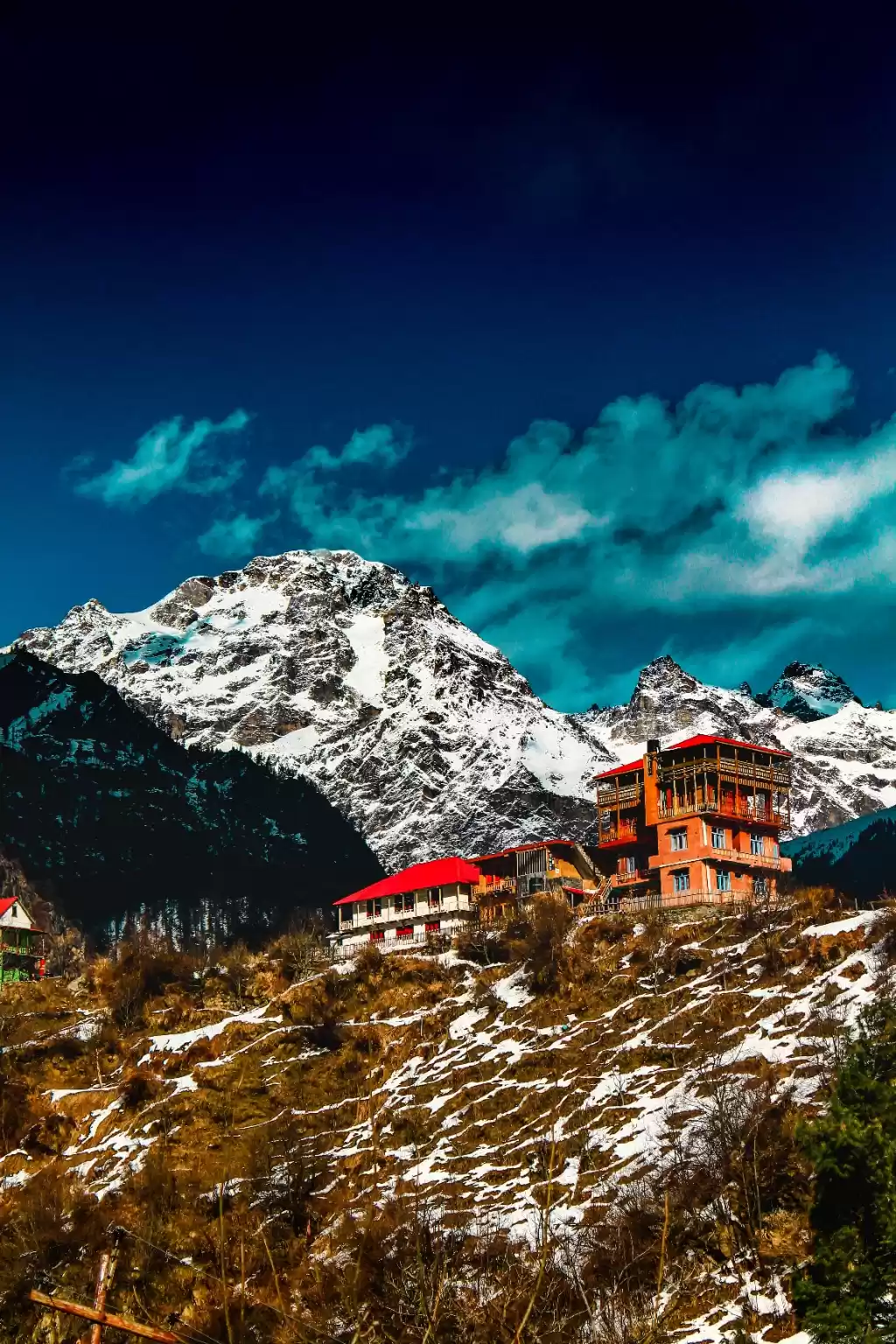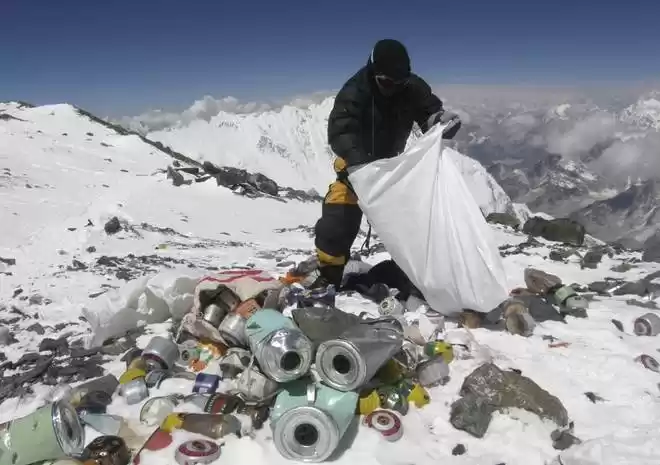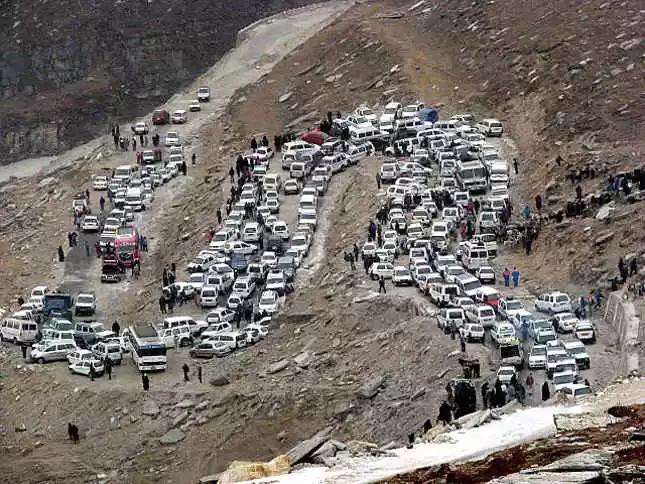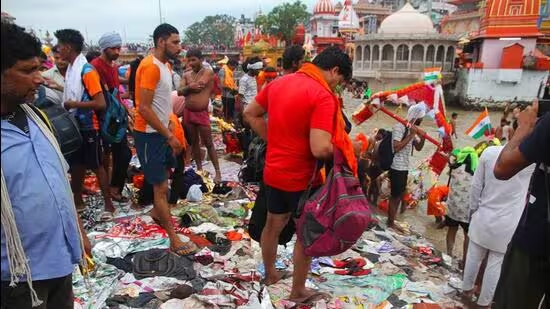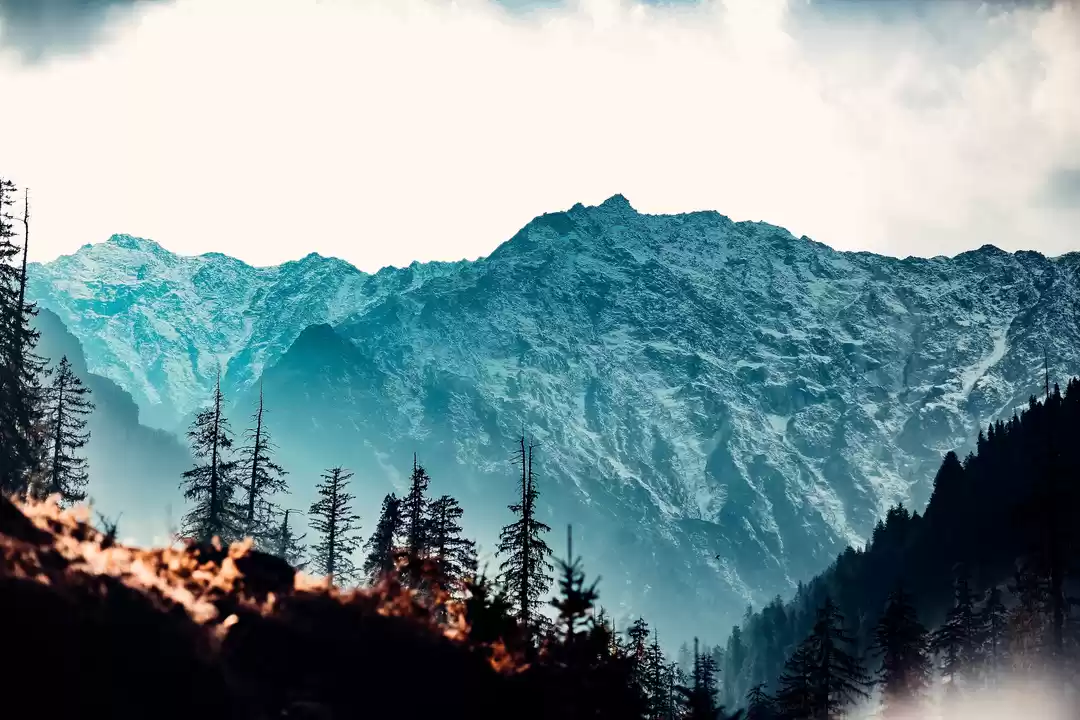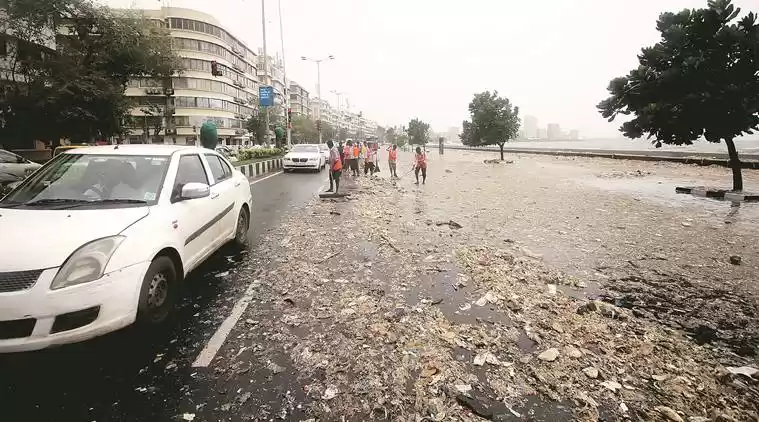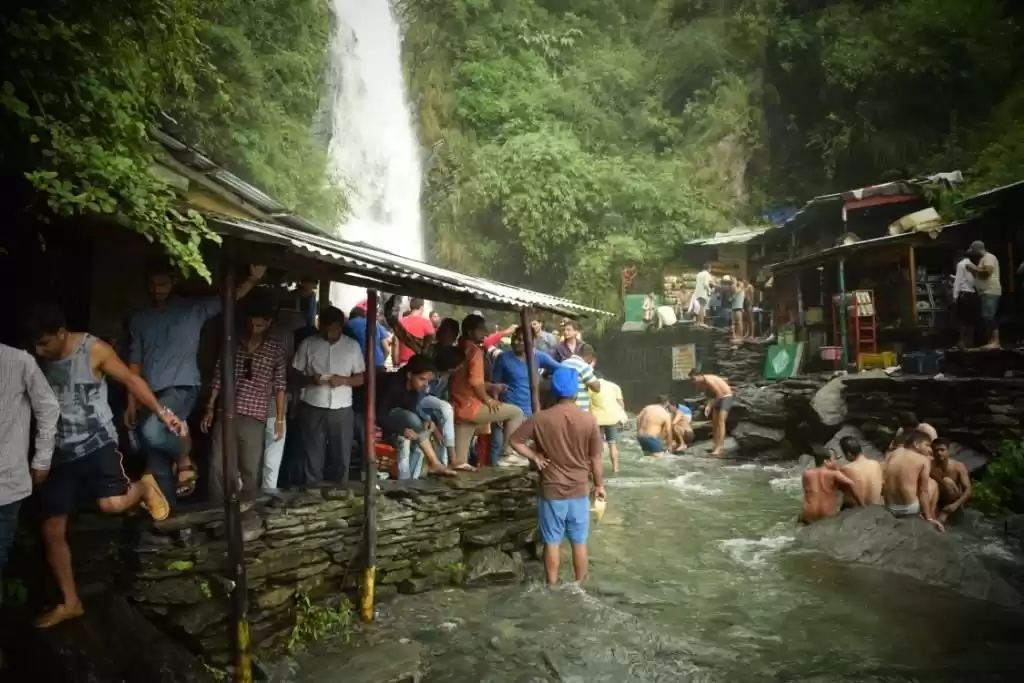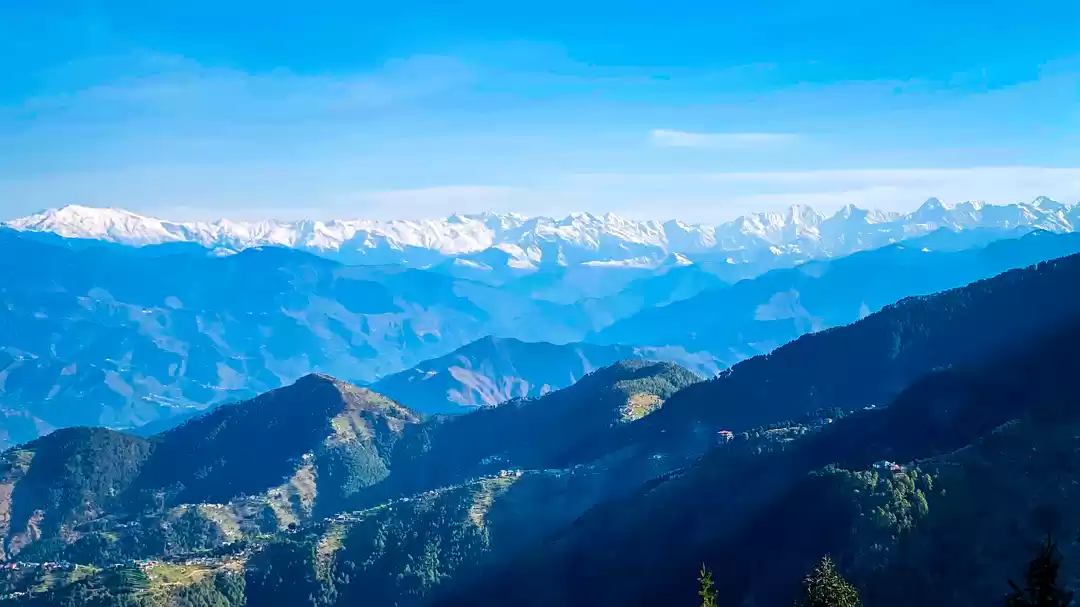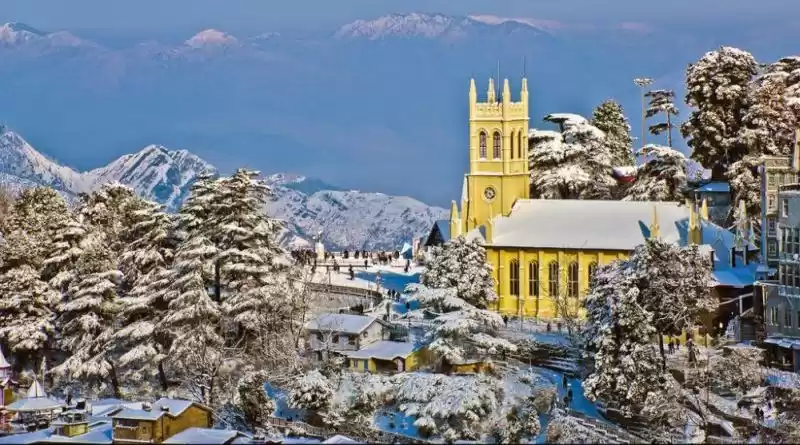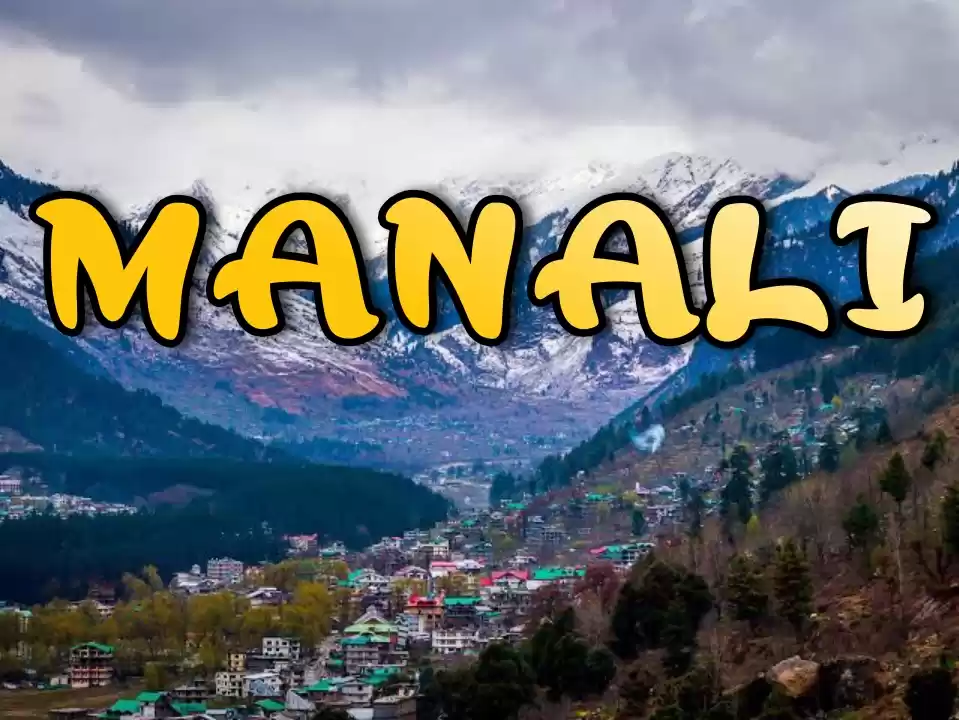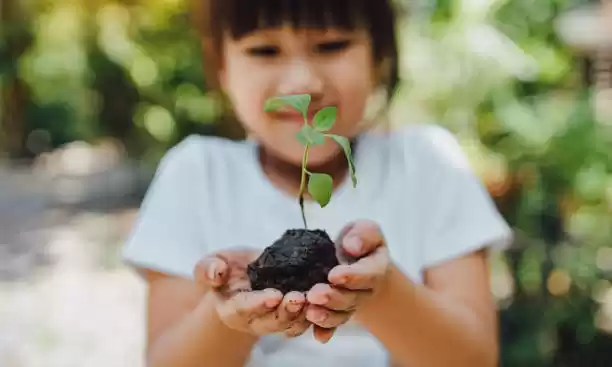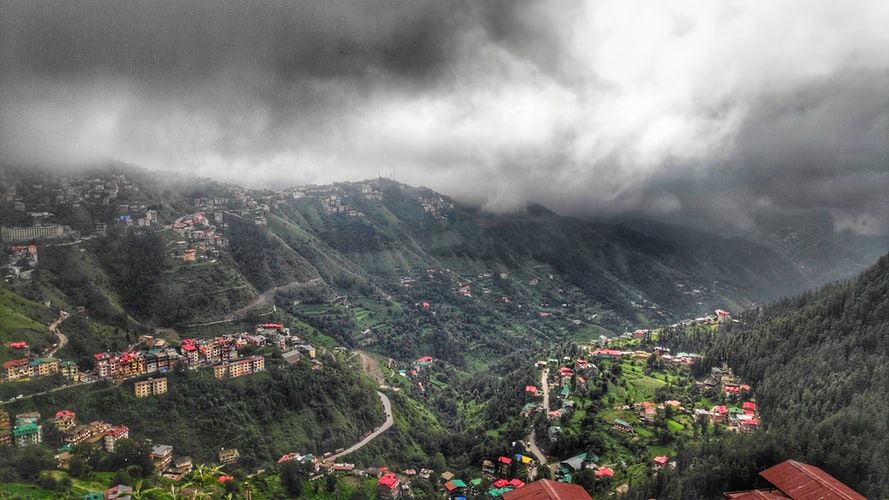
As we humans stayed at home being barred from traveling, the tourist places across the country have witnessed huge reductions in the trash heaps. Talking about one of the most popular tourist spots, Himachal Pradesh, had it not been in Lockdown it alone would have got 3,000 tonnes of trash generated by the tourists. As per reports hill stations like Shimla, Manali, Dharamshala and Dalhousie get nearly 150 tonnes of garbage everyday during the peak season and 40-60 tonnes during the off-season. If the lockdown continues till June, 30 the state would successfully avoid another 3,000 tonnes of garbage. Isn’t that great news for mother nature?
Irresponsible Travel Generates Huge Amount of Trash
According to the state officials, peak season for tourists lasts from mid May to June end and it drastically adds to the burden of garbage on the state. Rivers and mountains get clogged up with the trash making it difficult for garbage treatment plants to process the waste. Many Cities including the capital city of Shimla saw the improvement amid the lockdown where garbage generation dropped even below the regular quantity. Shimla generates around 10 tonnes of garbage on its own but high influx of tourists used to result in generation of 60-90 tonnes of garbage everyday. Manali generates around 30-40 tonnes of garbage during the tourist season. Similarly, Dharamshala generates 20 tonnes of garbage everyday which spikes up during the tourist 9season.

Every year hundreds of thousands of tourists head to the divine state, Himachal Pradesh to get relief from the scorching heat of plains. In spite of all the awareness programs and initiatives people tend to irresponsibly dispose of the garbage in the rivers, forests, base camps and all through the trekking trails.
Waste Management in the State
One of the Manali Municipal Council executives informed that Shimla is now generating only 10% of the garbage it usually produces. River water, trekking trails and all other tourist attractions looks cleaner this year. Also, the state’s project of Waste-To-Energy is on halt due to the pandemic but currently they are producing refuse-derived fuel (RDF). RDF is produced from domestic and business waste which is then used to produce electricity. Undoubtedly the lockdown has brought big relief for our environment and we hope people will now focus on sustainable and responsible travel once the lockdown is lifted completely.





